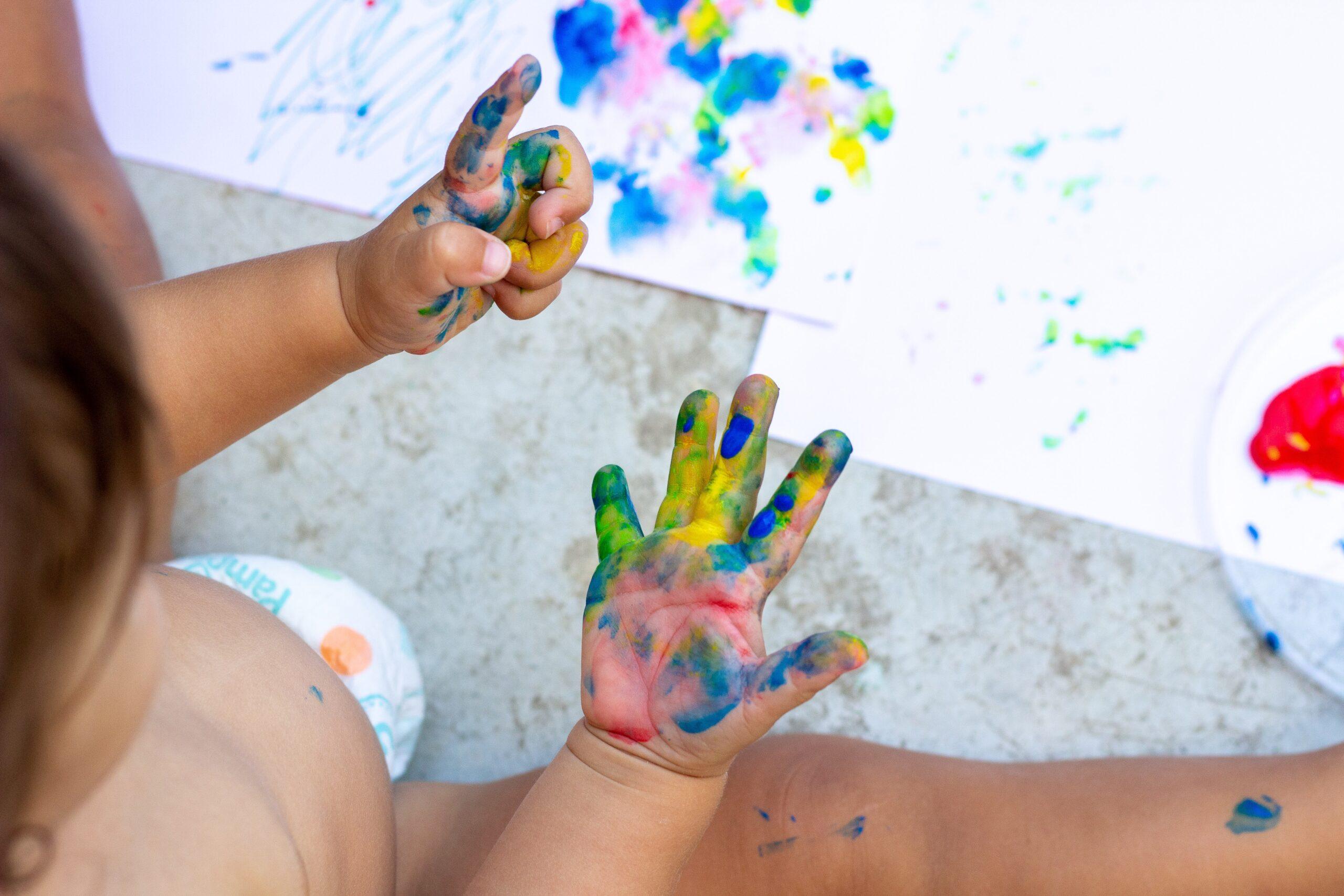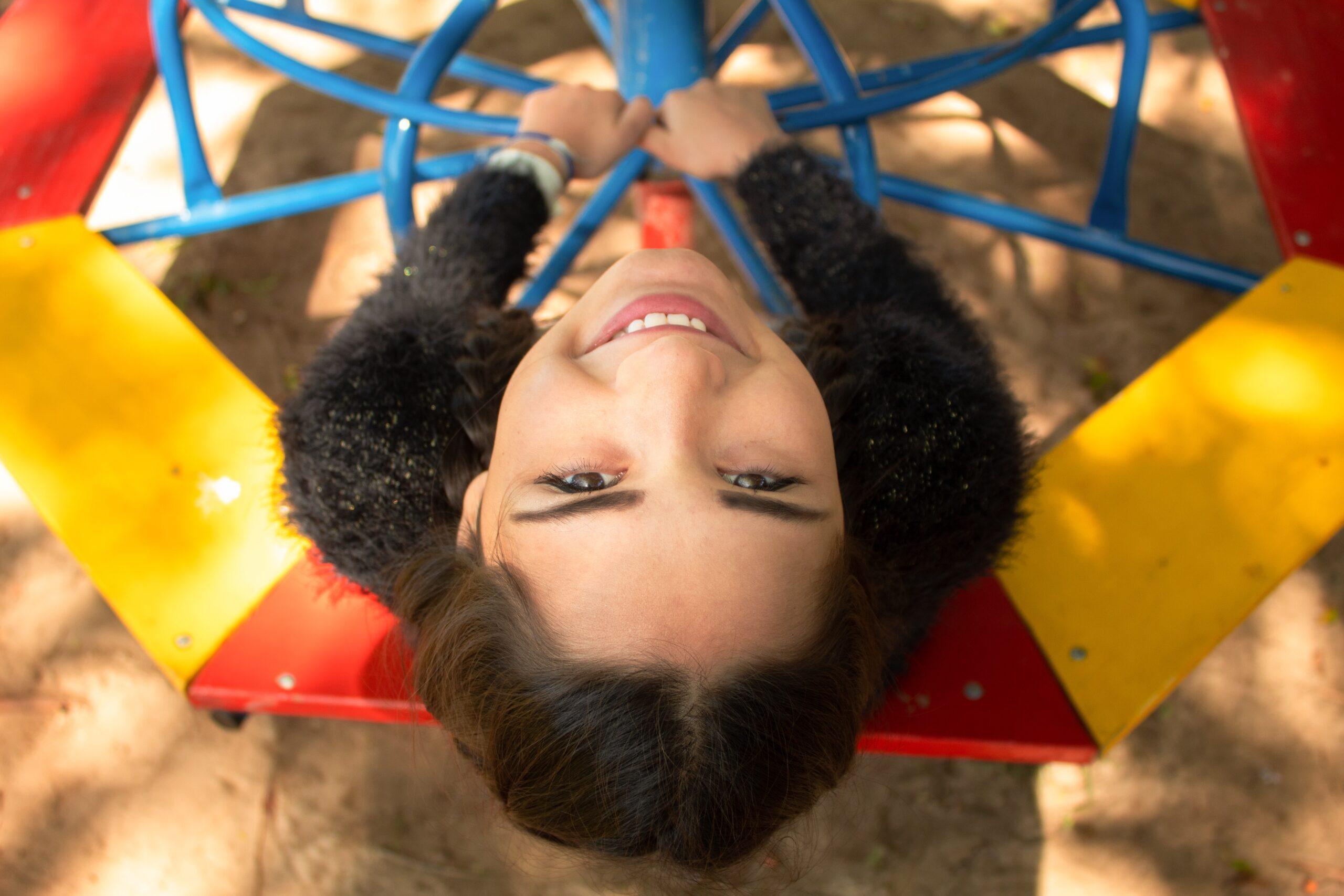“I can’t find my child” are possibly the most dreaded words for any parent or caregiver. The panic that a parent feels is indescribable. The parent immediately worries that the child has been harmed or abducted. Luckily, most of the time, the child is found physically unharmed and quickly reunited. However, even momentary wandering can create trauma for both child and parent.
It is not a result of bad parenting or bad children. Yet, as “good” parents, we can be proactive and avoid or at least minimize the profound trauma and possible physical harm that occurs when a child is lost.
With these simple tips, you can help keep your child safe wherever you go.
Preparing for an outing
Put contact Information on your child
While there is no substitute for parental/caregiver attention, the best preparation is to put a note or tag with your cell phone number on your child in an easily accessible place. This allows another adult to see and use it to contact you quickly (or the caregiver that is out with your child).
Young children, or some special needs children who cannot speak, should have the identification visible so that another person can access it easily without needing to undo the child’s clothing. If your child fidgets with the I.D., attach it to the back of their clothing between their shoulder blades.
Older children can carry the cell phone information in their pocket, if you are confident that they will be able to produce that information when they need it. You can use a laminated card, a sticker or one of the various I.D. products on the market. Never put your home address on the I.D.
Dress children in bright clothing
To help spot children easily, dress them in brightly colored external clothing such as a vibrant t-shirt, hat or jacket. Very bright yellow or green works best. Some parents routinely dress themselves and their children in the same color when they are going out to crowded places. Bright apparel can also serve as a key identifier for others helping you to find your missing child.
Teach your child to ask another mommy for help
A scared child may not be able to find a trusted authority quickly. It is difficult to describe a typical guard or officer. Teach your children to enlist help from another mother. Children intuitively know that a mommy is a woman with other kids. This is one type of “stranger” that you do want your child to talk to if they need help.
Reinforce good behavior
When you go out to a public place, even the supermarket, and you return without your child getting lost, tell him that he was good for staying with you the entire time while you were out. Positive reinforcement is the best way to elicit the behavior you want from your child.
Get on the same page
When you arrive at your outing, remind your child what to do if they get lost. Tell them what you will be doing if they get lost. For older children, designate a meet up spot (like the Ferris wheel or ticket booth) if you are separated.
What to do immediately when your child is lost
Don’t panic
Instead of running around frantically, calling out your child’s name, stay put. Don’t wander too far away from the spot where you last saw your child. Often the child is still nearby.
Loudly call out a description of your child in easily repeatable phrases
“I’m looking for a 7 year old boy. Orange shirt. Blond hair. 7 year old boy. Orange shirt. Blond hair.” Don’t feel silly or embarrassed. Your goal is to involve bystanders. People want to help. By giving them a short, chanting description of what they are looking for, they can easily repeat your words and spread the message through a crowd.
Find an employee
Many public places such as retail stores, amusement parks and beaches have specific lost child procedures such as lock downs. If your child does get lost, try to remain calm and quickly find an onsite employee to trigger the venue’s lost child process.
Call the police
If you sense that your child is more than just temporarily lost, call the police. It is better to call back to report that you have found your child than to lose any precious time that can make a critical difference in safely finding him.
After the emergency
Once you are reunited with your child, be sure to congratulate them for following the instructions you taught them in case they got lost. Don’t yell at your child for getting lost. If the child ever gets lost again, they may prefer to remain lost rather than be yelled at.
If the child did not follow the proper instructions, discuss the incident seriously but calmly and recall precisely how you both felt while you were separated. Often times, the child doesn’t even think they were missing at all— the child may think that you were the one lost! Reiterate how important it is that they don’t wander off next time and remind them about finding another mommy for help.





